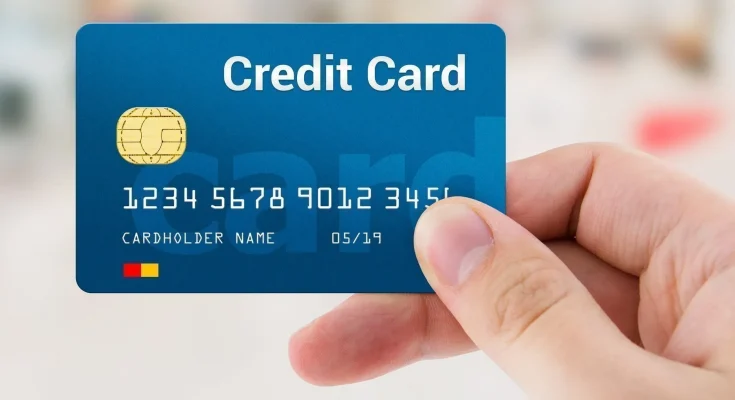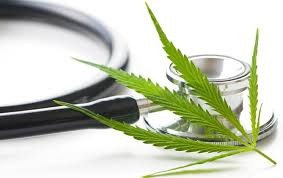Imagine a world where you could pay for everything with one card. Just swipe it and go, right? Unfortunately, this isn’t the case anymore. This article will discuss the benefits of credit cards and how to use them correctly.
Do not use a credit card to make big purchases
Do not use a credit card to make major purchases. Credit cards are designed for small and emergency purchases, such as new clothes or an unexpected trip. A credit card is not meant to purchase cars, houses or other major items you cannot afford.
Credit cards are beneficial when you have an emergency and need money fast. You can use your card any time and pay off the balance within 30 days. Another great benefit of using a credit card is that it can help build your credit score because they report one’s payment history to the three main credit bureaus: TransUnion®, Experian® and Equifax®.
Always pay the full bill amount
When you pay off your credit card bill, you don’t want to pay any more than what’s due. That way, you won’t have to deal with interest or fees. To avoid paying fees, make sure your payment is at least the minimum required payment on your statement. You can also ask for a lower interest rate if you’ve made payments on time for 12 months.
Do not make cash advances
Cash advances are expensive. If you take out a cash advance and pay the amount back before your next billing cycle, you will pay a fee of 1% to 4% of the amount withdrawn — this is called APR. If you do not pay back the entire balance, or if your payment is late, interest will be added to your balance at an APR of as high as 24%.
If you think what seems like an emergency may be more than just a temporary cash shortage, contact us for advice on how best to deal with it.
“Earn up to 3% cash back credit card toward your financial goals when you apply and get approved for a credit card, and set up direct deposit through SoFi.** Plus, there’s no annual fee.” commits SoFi advisors.
Avoid fees, interest rates and penalties
A credit card can be a valuable financial tool, but you should avoid fees, interest rates and penalties. It is an excellent tool to have in your wallet when used correctly. For example, you can use it for emergencies, such as paying for car repairs or doctor’s visits. Using a credit card can also help build your credit score if you pay off the balance each month.
However, if you don’t pay off the balance each month, it can lead to higher interest rates on future purchases and late fees. If you don’t pay off every purchase made on your card within 30 days of making it – even if there’s only a small amount due – this may affect your ability to get approved for other loans in future years!
Using your credit card as a cash machine can be tempting, but it’s important to remember that credit cards are not designed for this purpose. If you overspend and end up with high-interest rates or late fees, you won’t be able to afford the purchases you want. So it’s better to stay on top of your finances so that you never miss payments or have large balances due on any given month.




